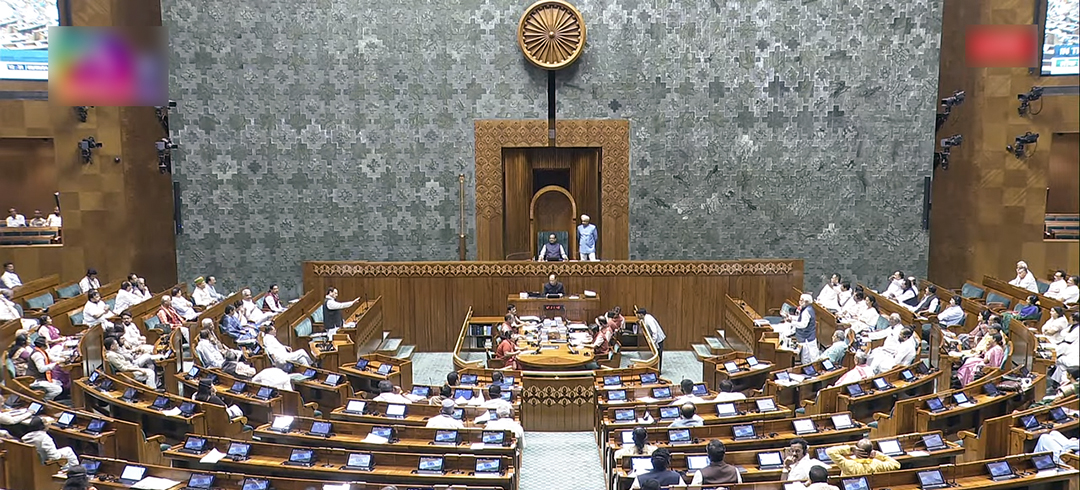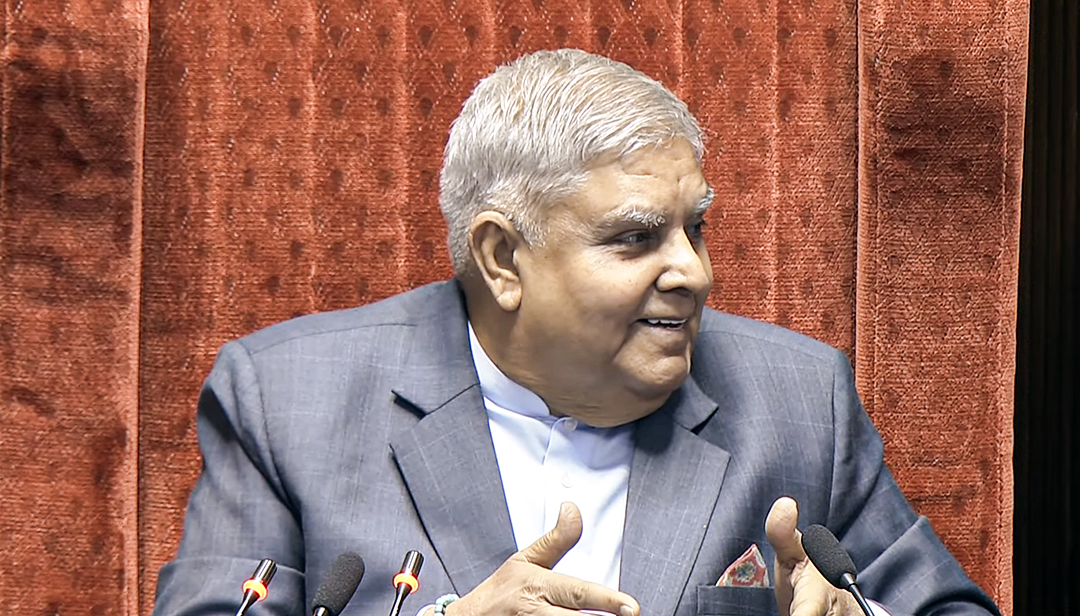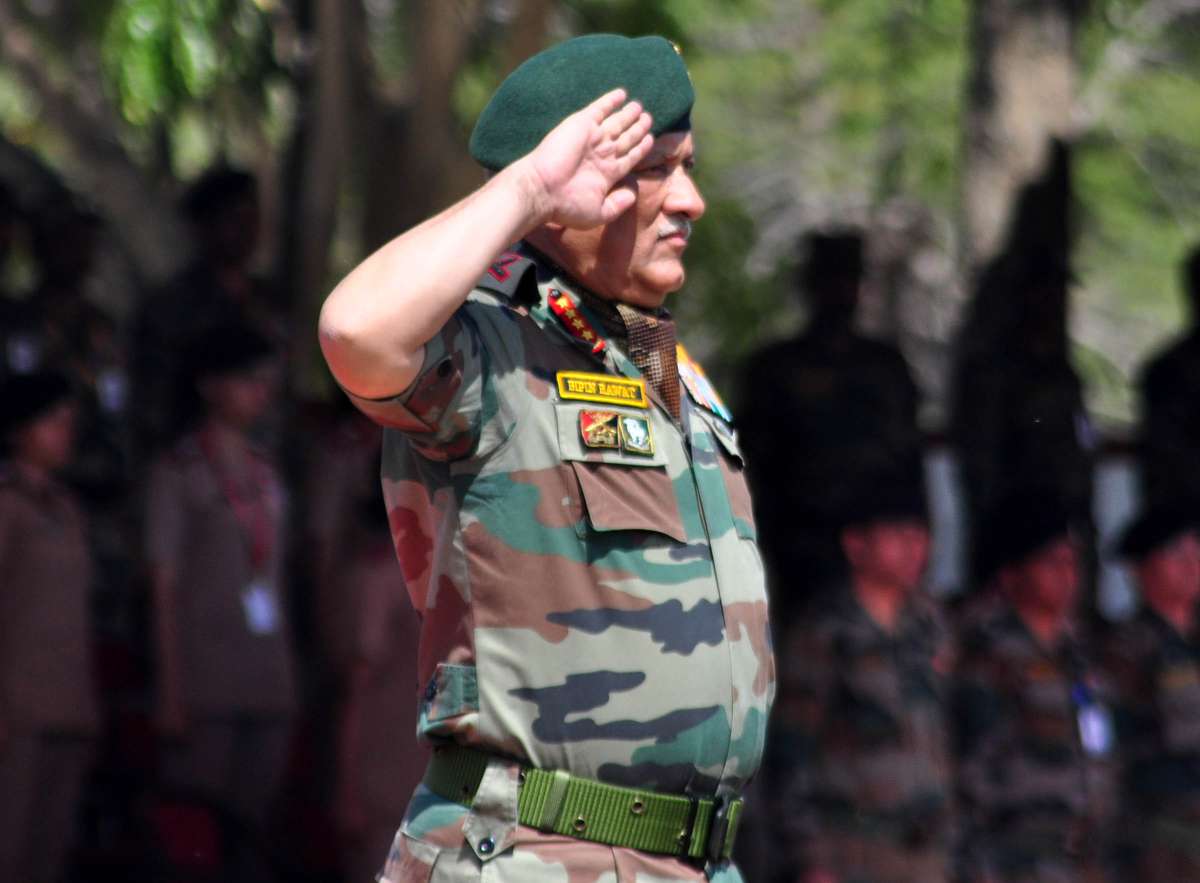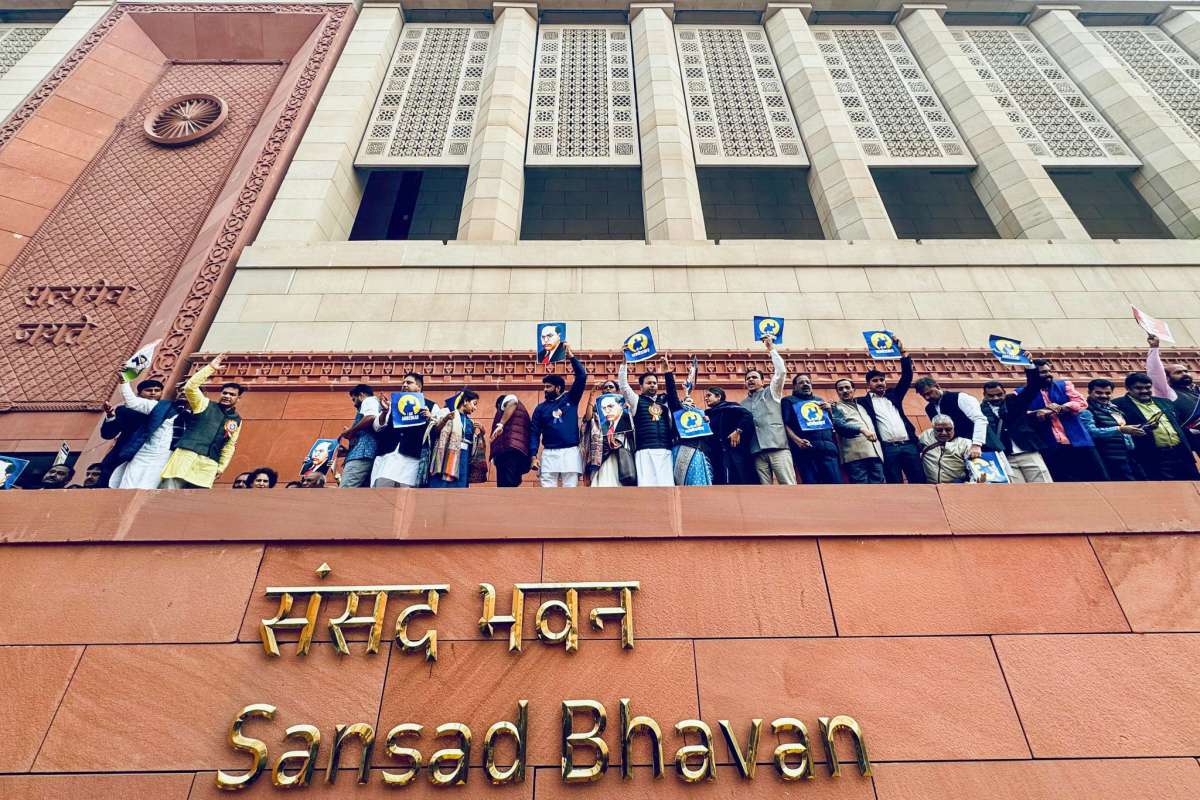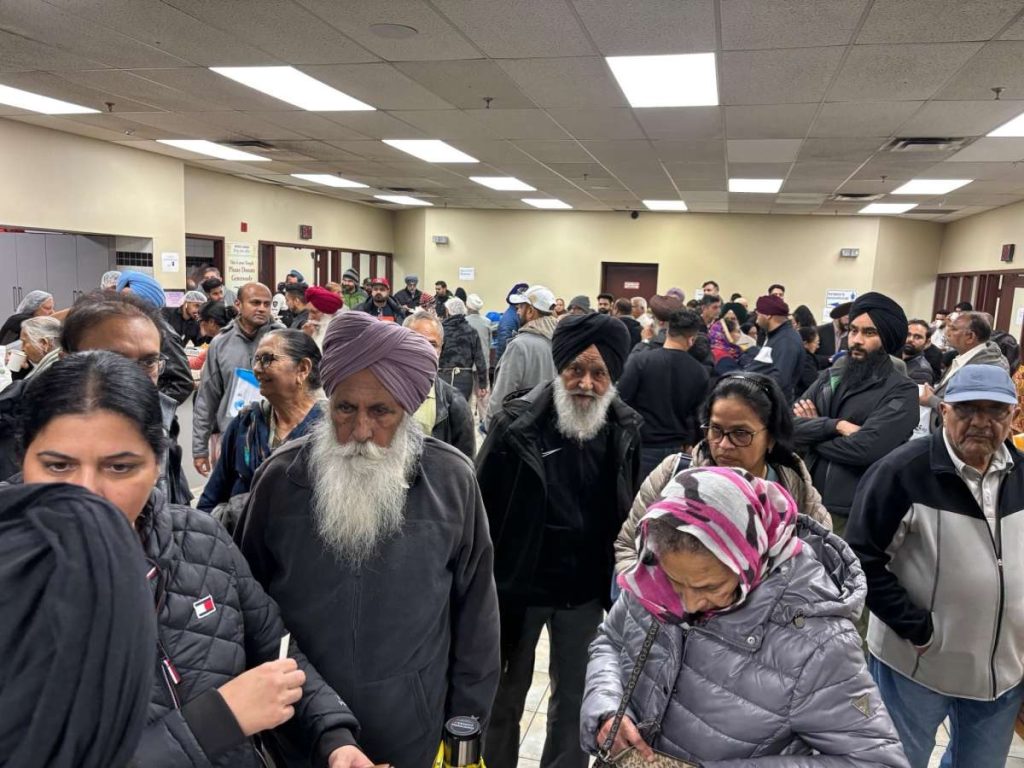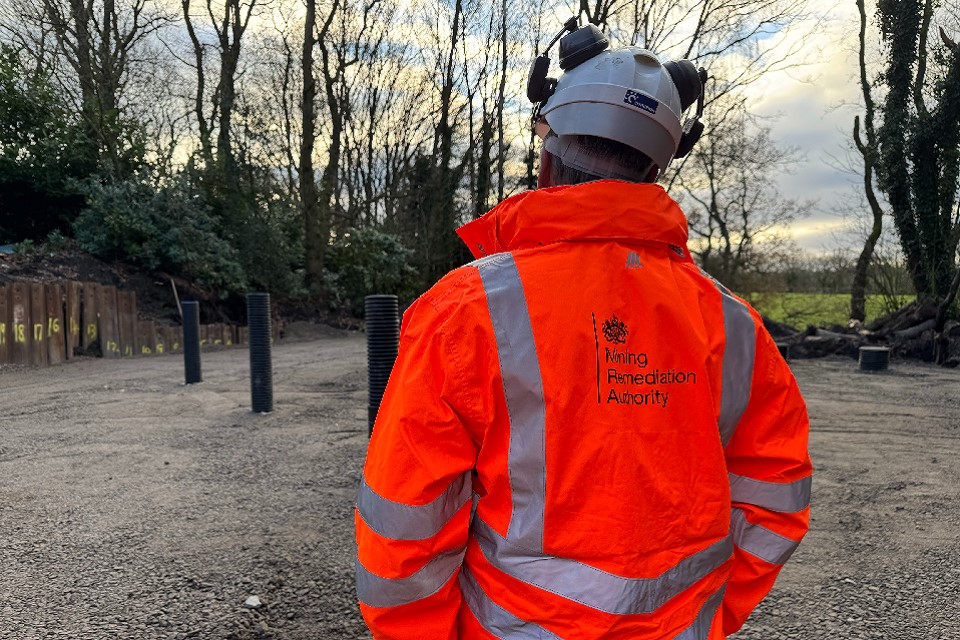During the session, the government will introduce key bills such as “One Nation One Election’ and Waqf (Amendment) Bill 2024…reports Asian Lite News
The winter session of Parliament is likely to commence on November 25 and continue until December 20, according to sources.
During the session, the government will introduce key bills such as “One Nation One Election’ and Waqf (Amendment) Bill 2024. The session may also see fireworks as the results of the Jharkhand and Maharashtra assembly elections will have a significant bearing on the session. The results of the assembly elections are scheduled to be announced on November 23.
Still smarting from the Haryana defeat, the Congress and its allies in the Maha Vikas Aghadi (MVA) are pinning their hope on wresting power in Maharashtra while retaining the Hemant Soren-led government in Jharkhand.
The results will dominate the tone and tenor of the session. Sources said the government may also pass a resolution to grant full statehood to Jammu and Kashmir, a crucial step towards reinstating constitutional rights and safeguarding the unique identity of the region’s residents. Recently, the Chief Minister of J&K, Omar Abdullah, met Union Home Minister Amit Shah and PM Modi and discussed issues related to the Union Territory, including early restoration of statehood.
During the session, the government is also likely to hold a special joint sitting of both houses of Parliament on November 26 to mark the 75th anniversary of adopting the Constitution of India. The joint sitting of Lok Sabha and Rajya Sabha is likely to be held in the Central Hall of the Samvidhan Sadan, where the Constituent Assembly adopted the Constitution on November 26, 1949, and it came into effect on January 26, 1950.
After the Union Cabinet cleared the ‘One Nation, One Election’ proposal in September this year, it is widely believed that the government may introduce the Bill during the winter session. If the government introduces the Bill in Parliament, it will face stiff resistance as several opposition-ruled states fear that simultaneous elections would affect the Constitution’s basic structure. The proposal was recommended by a high-level committee headed by former President Ram Nath Kovind.
The Kovind committee had proposed simultaneous elections to the Lok Sabha and state Assemblies as the first step and synchronised polls to local bodies within 100 days of the general election. The committee had recommended 15 amendments to the Constitution to be carried out through two Constitution Amendment Bills.
At a recent event, PM Modi further pushed the idea and said his government was working towards achieving “One Nation One Poll”. However, Congress President Mallikarjun Kharge dismissed the idea while asserting that consensus is needed to hold simultaneous elections to Lok Sabha and state assemblies.
The stage is set for a major political showdown with the government making clear its intent to pass the Waqf Bill in the winter session of Parliament. The Jagadambika Pal-led Joint Parliamentary Committee (JPC) has been tasked by the Lok Sabha to scrutinise the Bill, which drew fierce protests from opposition parties and several Muslim organisations.
The committee is scheduled to submit its report to Parliament during the first week of the winter session. Though the JPC conducted over 20 meetings in the national capital and held a five-city tour last month, most meetings witnessed ruckus and tumultuous scenes. From giving the Centre the power to frame rules to providing representation for women to the inclusion of two non-Muslim members in waqf boards and a separate Board of Auqaf for Boharas and Aghakhanis, the government has proposed 44 amendments to the Waqf Act 1995.
In August, a productive yet acrimonious session of Parliament, which unveiled landmark bills and the first Union Budget after the 2024 elections, was concluded ahead of schedule. The session was marked by frequent clashes between Rajya Sabha Chairman Jagdeep Dhankhar and the Opposition, as well as walkouts and protests in both houses.
During the session, the crisis in Bangladesh took centre stage as Prime Minister Sheikh Hasina was forced to resign amid widespread protests and fled to India. External affairs minister S Jaishankar held an all-party meeting to discuss the situation and delivered two suo motu statements on the matter.
The 18th Lok Sabha’s second session saw a productivity of 136% in the lower house and 112% in the Rajya Sabha. The government introduced 11 new bills, including the Waqf (Amendment) Bill, which stipulates that only a person practicing Islam for at least five years may declare a waqf and allows non-Muslims, women, and backward classes of Muslims to become members of the Waqf board. The bill was referred to a Joint Parliamentary Committee (JPC) for examination after many members objected to certain clauses, particularly the one allowing non-Muslims to decide on Waqf properties, questioning if such amendments align with the spirit of the Constitution.
The session, which began on July 22 amidst the NEET scam, featured debates on the Wayanad landslide, the death of three students in a Delhi coaching institute, and an extensive discussion on the Budget. However, tensions between Dhankhar and the Opposition escalated in the final days, with the Opposition preparing to bring a motion for his removal.
ALSO READ: Disruptions Erupt at Ottawa Consulate, India Condemns
